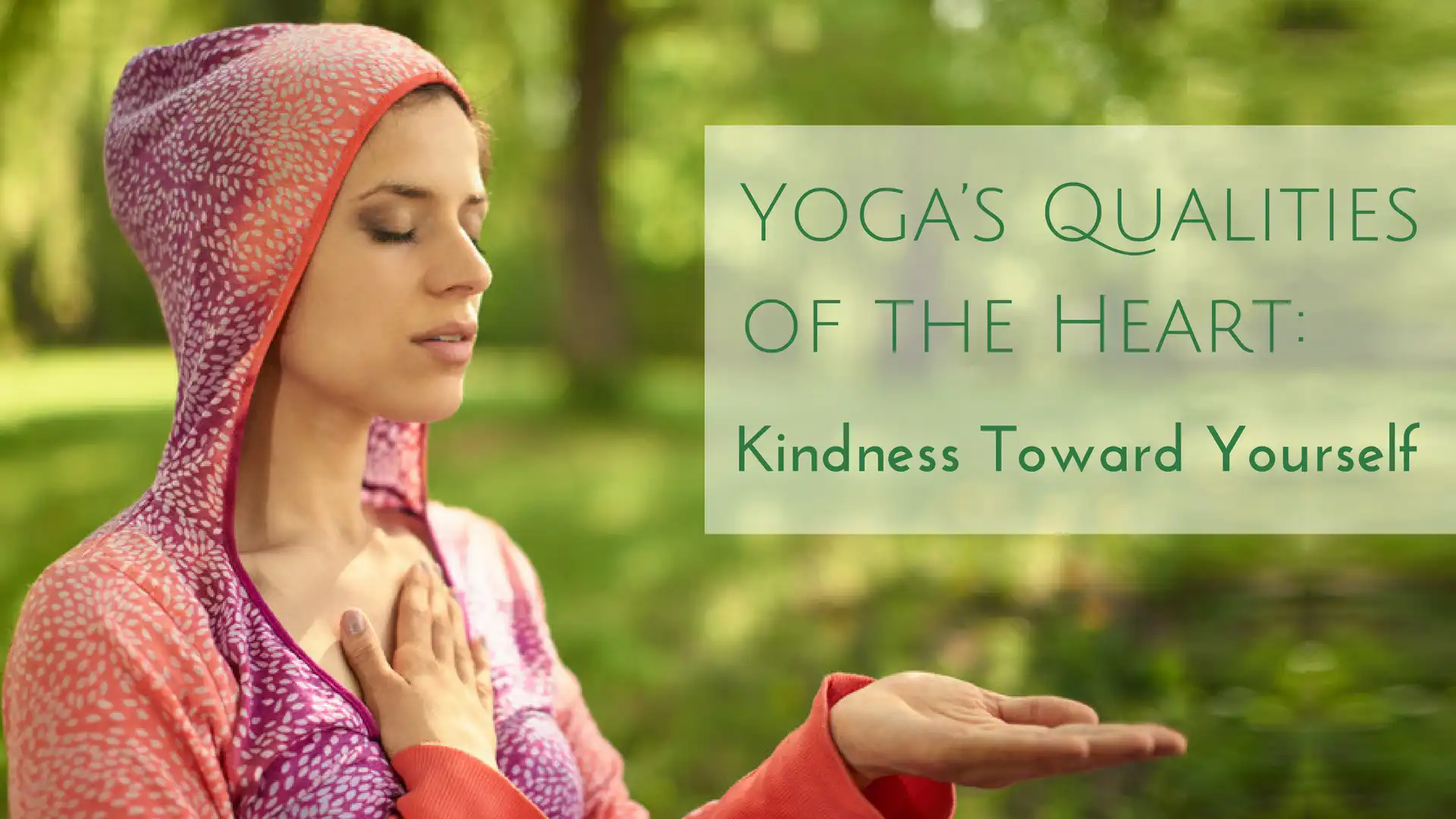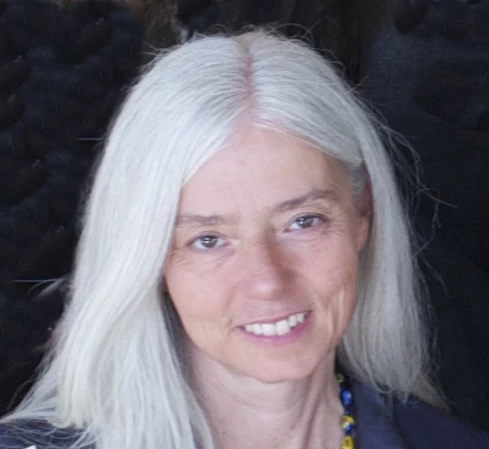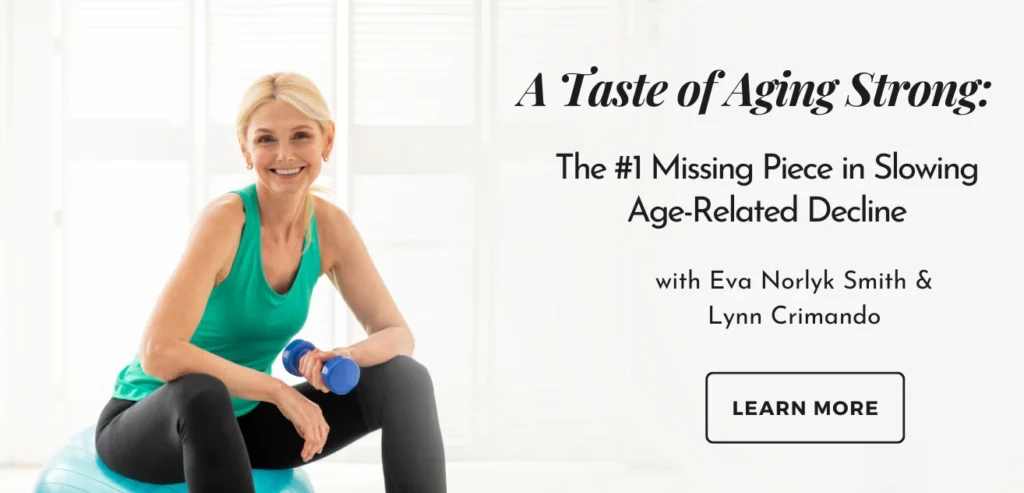Yoga’s Qualities of the Heart: Kindness Toward Yourself

(This is the second installment of instructions on kindness practice. Read this post to familiarize yourself with the basics.)
“You can search throughout the entire universe for someone who is more deserving of your love and affection than you are yourself, and that person is not to be found anywhere. You, yourself, as much as anybody in the entire universe, deserve your love and affection.” ~ Gautama Buddha
In a world where narcissism seems to be rising, it’s ironic that one of the biggest challenges in metta (kindness) meditation practice is offering kindness toward yourself. I’m not sure why this is. But many people find this aspect of practice to be very difficult.
I know why I’ve personally found it to be a challenge. The biggest sin one could commit in my birth family was to be “selfish.” We were taught always to put ourselves last and that promoting ourselves or wanting anything for ourselves was not okay. When I was introduced to metta practice, I could understand intellectually why it was important to offer kindness to myself: if you can’t love yourself, how can you love others? But at the deeper level of actually practicing it, it just felt dry, unsavory and … well … selfish.
If you think about it, though, is wishing for safety, happiness, health, and ease of well-being truly selfish? These are basic foundations that contribute to living a contented life. It’s not like we’re wishing ourselves to be king/queen of the world. We’re just wishing for a baseline of happiness. It’s really okay.
A word about narcissism: We might think that a narcissistic person actually has a handle on self-love. But the self-regard of narcissism is not actually what metta is about. Narcissism is characterized by arrogance, entitlement, self-absorption, and lack of empathy. Metta for oneself is the basis for being able to share metta with others.
Kindness Practice Can Change Patterns
On the first day of an 18-day silent retreat in 2016, I found out I had early-stage breast cancer. Since the first nine days of the retreat were focused on metta practice, I took the opportunity to focus on myself. (Even then, I had to have to rationalize it with the excuse of cancer!) Over time, the practice began to feel natural and expansive.
A few weeks after returning from the retreat, I forgot an appointment—one of my biggest deadly sins, because it puts other people out. Much to my surprise, I didn’t berate myself when I discovered my mistake. I simply called and apologized, made another appointment, and went on with my day.
This was huge. In the past, my first reaction was always to tear myself down relentlessly. Not only did it save me the injury of self-flagellation, but it also confirmed to me the transformative power of practicing kindness toward yourself.
How to Practice Kindness Toward Yourself
The following instructions are a skeletal version of the instructions from the last metta post. If you want more detail, visit the link at the top of this article. Sometimes it’s easier to begin with your “easy being,” as defined in the previous post. Then you can move to yourself.
-
Sit comfortably on a meditation cushion or in a chair. Feel free to sit with your back against a wall.
-
Tune into your heart space. Place one or both hands over your heart if you like.
-
Invite yourself into your own heart space and reflect on what you appreciate about yourself. You can reflect on a quality or trait or some recent act of kindness you’ve performed.
-
Silently say to yourself these four phrases: “May I be safe.” “May I be happy.” “May I be healthy.” “May I live with ease.” Please note that there are other choices for the phrases. The previous post gives more options. You are also welcome to come up with your own phrases that convey the same sentiments.
-
Don’t just recite the phrases by rote. Connect the phrases to yourself. As you say the phrases, imagine yourself being safe, happy, healthy and at ease.
If metta to yourself feels dry, focus instead on someone who is easy—perhaps a relative, dear friend or companion animal. This practice is creative, and its main purpose is to generate feelings of kindness. So if offering kindness toward yourself is too difficult, instead practice what’s easiest.
Some days this practice will feel sweet and expansive. Other days it will feel dry and lifeless. On the days when it doesn’t feel like it’s happening, practice anyway. Meditation teacher Carol Wilson says, “Fake metta is better than real aversion.” The only way to cultivate kindness, toward yourself and others, is to practice.
More wisdom from special contributor, Charlotte Bell – Radical Expansion: 3 Yoga Poses for an Open Heart Space.
Study Back Pain Relief with YogaUOnline and Lillah Schwartz – Yoga For a Healthy Back: Part 1 Key Elements & Practice for Back Pain Relief.
Reprinted with permission from Hugger Mugger Yoga Products blog.
 Charlotte Bell began practicing yoga in 1982 and began teaching in 1986. She was certified by B.K.S. Iyengar in 1989 following a trip to Pune. In 1986, she began practicing Insight Meditation with her mentors Pujari and Abhilasha Keays. Her asana classes blend mindfulness with physical movement. Charlotte writes a column for Catalyst Magazine and serves as editor for Yoga U Online. She is the author of two books: Mindful Yoga, Mindful Life and Yoga for Meditators, both published by Rodmell Press. She also edits Hugger Mugger Yoga Products¹ blog and is a founding board member for GreenTREE Yoga, a non-profit that brings yoga to underserved populations. A lifelong musician, she plays oboe and English horn in the Salt Lake Symphony and the folk sextet Red Rock Rondo whose 2010 PBS music special won two Emmys.
Charlotte Bell began practicing yoga in 1982 and began teaching in 1986. She was certified by B.K.S. Iyengar in 1989 following a trip to Pune. In 1986, she began practicing Insight Meditation with her mentors Pujari and Abhilasha Keays. Her asana classes blend mindfulness with physical movement. Charlotte writes a column for Catalyst Magazine and serves as editor for Yoga U Online. She is the author of two books: Mindful Yoga, Mindful Life and Yoga for Meditators, both published by Rodmell Press. She also edits Hugger Mugger Yoga Products¹ blog and is a founding board member for GreenTREE Yoga, a non-profit that brings yoga to underserved populations. A lifelong musician, she plays oboe and English horn in the Salt Lake Symphony and the folk sextet Red Rock Rondo whose 2010 PBS music special won two Emmys.



